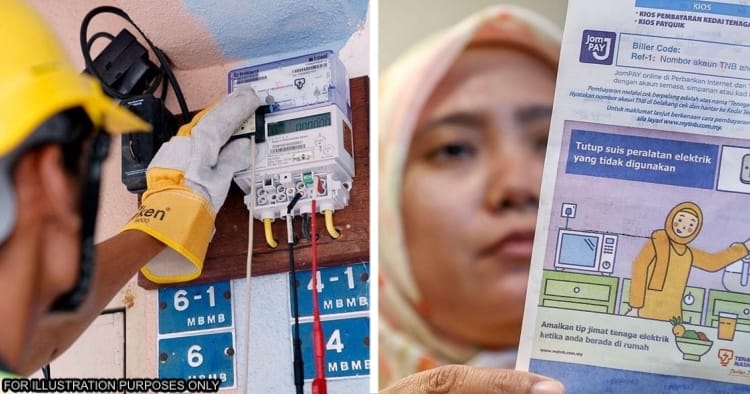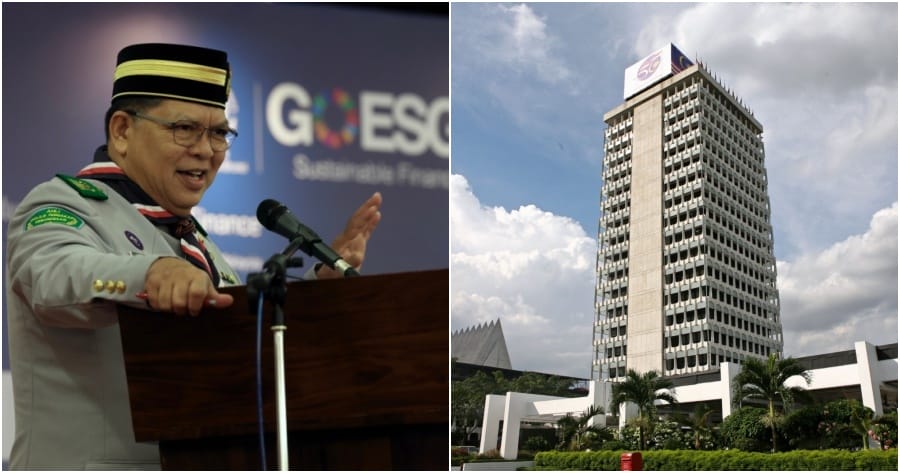Electricity tariff in Peninsular Malaysia is set to be readjusted from 1 January to 30 June 2024 under the Imbalance Cost Pass-Through (ICPT) mechanism, meaning that some consumers will be seeing an increase in their electricity bills with the same usage.
However, fret not as this will only affect 15% of domestic consumers in Peninsular Malaysia, while the other 85% or 7 million domestic consumers will still enjoy subsidies from the government as it rolls out targeted subsidies.
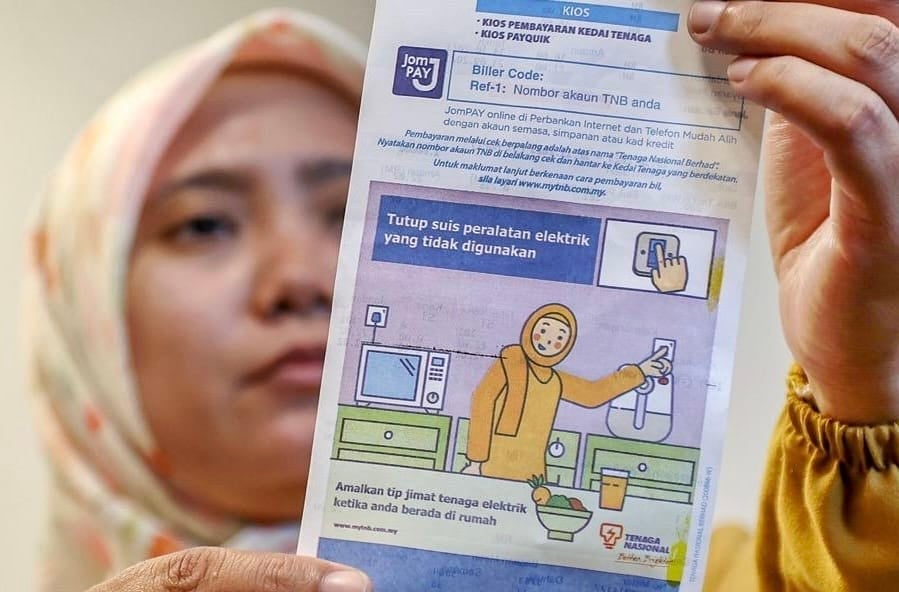
As reported by BERNAMA, the Energy Commission (ST) in a statement asserted that the adjustment follows the government’s decision to maintain the rebate of 2 sen/kilowatt-hour (kWh) for users with a monthly electricity consumption of 600kWh until 1,500kWh, no surcharge will be imposed.
Moreover, the surcharge is maintained at 10sen/kWh for consumers with a monthly consumption exceeding 1,500kWh.
Despite this, a total of 99% or 8.2 million domestic consumers will still subsidies from the government.
For context, ICPT is a mechanism under the Incentive-Based Regulation (IBR), which allows fuel costs to be adjusted every six months based on fluctuations in global fuel prices.
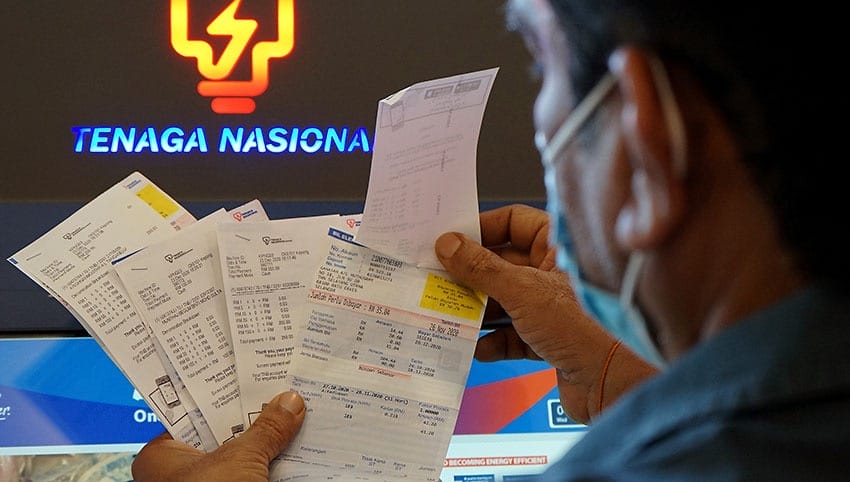
ST added that non-domestic users under the commercial and industrial low-voltage tariff category (tariff B and D), specific agricultural tariffs (tariff H, H1 and H2) and water and sanitation operators will not experience an increase in electricity tariff, with the ICPT surcharge maintained at 3.7 sen/kWh.
For other non-domestic consumers, the surcharge remains at 17 sen/kWh. Furthermore, based on a retargeting of the subsidies, the government had allocated RM1.9 billion in subsidies for all categories of consumers involved to minimise the impact of the ICPT surcharge throughout the implementation period.
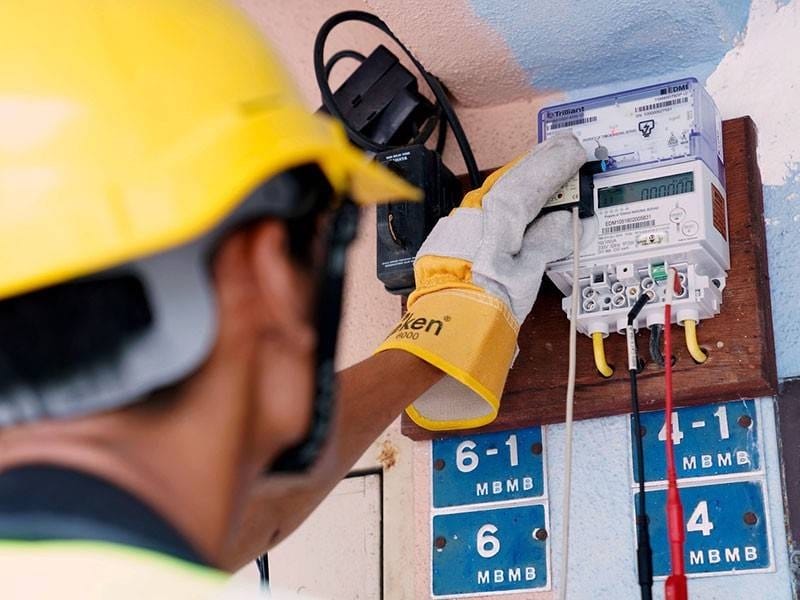
If you want to estimate your monthly electricity bill costs in the future, you can use this electricity tariff calculator here.
So, what do you guys think of the change? Share your thoughts with us in the comments!
Also read: M’sian Parliament Aims to Become World’s First Legislative House That Uses Renewable Energy

